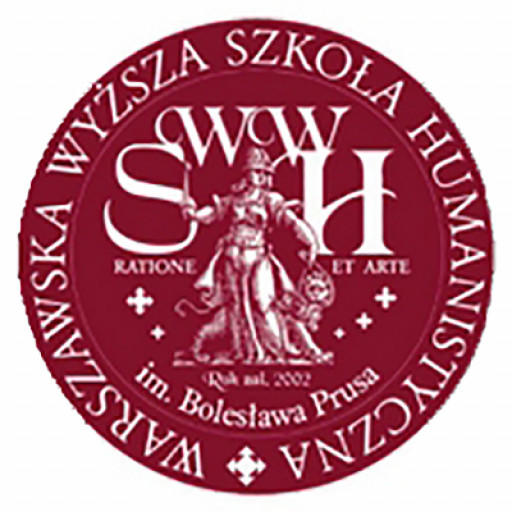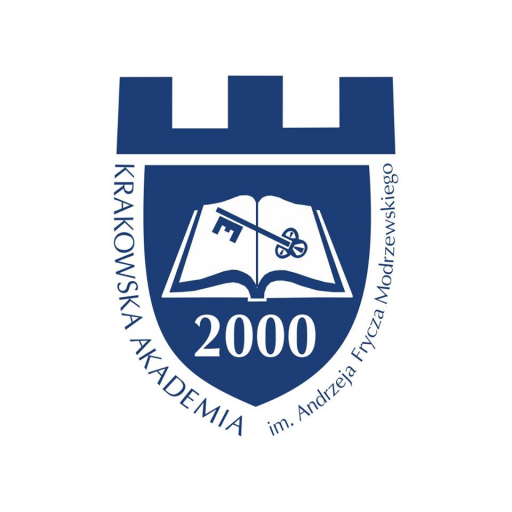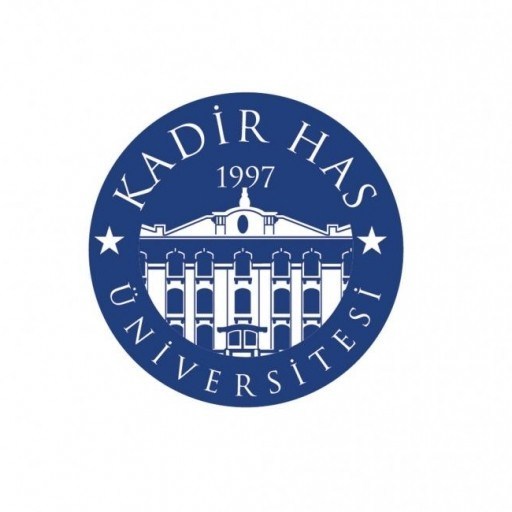Photos of university / #wwsh.edu.pl
The Radio and Television Journalism program at Warsaw University of Humanities offers students comprehensive training in the dynamic fields of broadcast media, equipping them with the essential skills to succeed in modern journalism. This program is designed to develop both theoretical knowledge and practical competencies, ensuring graduates are well-prepared for careers in radio, television, and digital media outlets. Throughout the course, students explore the history and development of broadcast journalism, gaining an understanding of media law, ethics, and the societal role of journalism in shaping public opinion.
The curriculum covers a wide range of topics, including journalism writing and editing, interview techniques, media production, audiovisual editing, and storytelling across various platforms. Students learn to operate various broadcasting equipment, produce news reports, and develop multimedia content, enhancing their technical proficiency and creative abilities. The program emphasizes the importance of critical thinking, journalistic integrity, and responsible reporting, preparing students to navigate the ethical challenges of the media industry.
Practical training is a core component of the education, with students participating in internships and hands-on projects that simulate real-world broadcasting scenarios. Collaboration with media outlets and industry professionals allows students to gain valuable experience and build professional networks. The faculty comprises experienced journalists, media experts, and educators dedicated to mentoring students and fostering their development as competent and innovative journalists.
Graduates of the Radio and Television Journalism program are equipped to pursue careers in various media environments, including television stations, radio broadcasters, online media companies, and independent journalism outlets. They are prepared to produce news stories, conduct interviews, create multimedia content, and adapt to the rapidly evolving digital landscape. By studying at Warsaw University of Humanities, students benefit from a rich academic environment rooted in practical experience and industry engagement, positioning them for successful careers in the competitive world of broadcast journalism.
The specialty of Radio and Television Journalism is prepared to suit people, who want to work in the media and for the media – not just as journalists, but also as sound and image operators, media relations specialists, public relations specialists, internal and external communications specialists. Classes allow you to gain knowledge of the film profession, knowledge about copyrights and the functioning of the media market in Poland and in the world, as well as the specificity of the Polish and global media market.
Required recruitment documents
- Application Form (on-line)
- 3 photographs in 35 x 45 mm format
- GCSE certificate (or certificate of equivalent examination) in English
- Bachelor Diploma in English (Master’s degree candidates)
- Photocopy of passport
- Insurance policy
- Proof of payment of € 100 entry fee into the University account
Studies: Bachelor’s degree
Graduates of secondary schools with Matura (high school final examination certificate).
Students of other universities who are interested in media, social communication, multimedia, advertising and public relations, graphics, as well as art, film, cultural animation.
Are you considering transferring to Warsaw University of Humanities from another university?
You need to submit the following at the Recruitment Office:
- Application to the Dean of the respective Department
- List of completed subjects including hours and ECTS.
On this basis, the Dean will decide on the admission, determine the subjects that may be recognized, and the rules for supplementing the program differences. Upon receiving and accepting the Dean’s decision, file the required recruitment documents.
Tuition fees for the Radio and Television Journalism program at Warsaw University of Humanities are determined annually and may vary depending on the level of studies (bachelor’s or master’s). For international students, the fee generally ranges from approximately 3,000 to 4,500 EUR per academic year, while for domestic students, education is often funded through the Polish national education system, potentially covering tuition costs fully or partially under government subsidies. The program offers various financing options, including state scholarships, departmental scholarships, and grants awarded based on academic achievement and financial need. Students are encouraged to apply early for scholarship opportunities through the university’s scholarship office or external funding agencies.
In addition to scholarships, students can consider student loans or part-time employment opportunities which are available on campus to support their studies financially. Warsaw University of Humanities also provides information on tuition payment plans, allowing students to divide payments into manageable installments throughout the semester or academic year. For prospective students interested in the program, detailed information about tuition fees for specific academic years is published annually on the official university website and program brochure.
The university strives to make education accessible by offering financial aid programs for talented students and those with limited financial resources. International students should also inquire about possible sponsorship schemes or tuition waivers. International agreements and partnerships with foreign institutions sometimes facilitate exchange programs that include financial support, reducing the overall cost of study. Overall, students interested in financing their education should contact the university’s financial aid office for personalized advice and the latest information on available funding options.
Graduate of Journalism and Social Communication studies will find work in:
- Radio, television and press
- On websites
- Press offices, publishing houses
- In advertising and PR agencies, as well as marketing departments
- Faculties of promotion and communication of public and self-government institutions
- As a freelancer, running their own business









